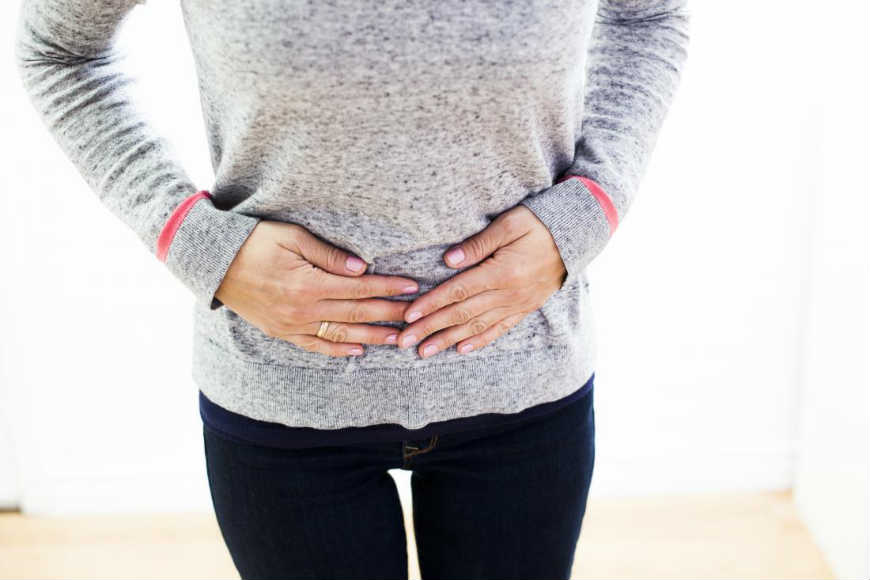Crohn’s disease is an inflammatory bowel disease that can affect your digestive tract and overall health. Diet or food allergies do not cause it, but medication and eating well can help a person manage the symptoms.
This condition affects around one in 250 Australians, with at least 75,000 diagnosed cases of Crohn’s or ulcerative colitis in this country alone. That number is projected to increase, so the more you know about this condition, the more understanding you can be of it.
Brief Description of Crohn’s Disease
Both Crohn’s disease and ulcerative colitis fall under the title of IBD or inflammatory bowel disease. Unlike ulcerative colitis, however, Crohn’s inflames the bowel wall and any part of your digestive tract – from your mouth to your anus. The most common age for a Crohn’s diagnosis is between ages 15 and 30, but a diagnosis at any time is not uncommon and is even being picked up in children as young as nine.
What Are the Signs and Symptoms of Crohn’s Disease?
An inflammatory bowel disease can affect everyone differently, and symptoms can flare up or vary for no apparent reason. Those who have received a diagnosis of IBD may have noticed abdominal pain, weight loss, fatigue, constipation or diarrhoea, nausea, malnutrition, and, in children, impaired growth and related health concerns.
What Causes Inflammatory Bowel Disease?
IBD, such as Crohn’s disease, is not a result of diet or lifestyle choices. Instead, researchers believe it may be connected to an immune system defect or possibly a viral or bacterial infection. It’s not contagious, nor is there any single solid reason for the condition.
How Do Medical Professionals Diagnose Crohn’s Disease?
If a health professional has reason to believe that you or someone else has IBD, they will confirm it through a series of tests. They may start with blood tests then move onto a faecal exam, X-ray, colonoscopy, CT scan, MRI, and gastroscopy. Some or all of these methods may be used to confirm a diagnosis.
Dietary Changes for Those with IBD
Depending on your diagnosis and symptoms, your doctor may recommend some dietary changes to manage and lessen your symptoms. Some of these may include low-fibre diets for those suffering from diarrhoea. A doctor may also endorse a low-fat, low-lactose, or liquid diet, especially during times of severe flareups. Most people with IBD also need to keep their fluids up to prevent dehydration.
What’s it Like to Live with Crohn’s Disease?
Even though many people with IBD need to manage their symptoms and condition daily, they can otherwise live a normal life. Medication may form part of that life, but you can care for your family, enjoy sport and a career, and do everything that most people can do.
Research and treatment are improving every day, so the key to a happy and healthy life is finding what works for you and what dietary changes can keep your symptoms at bay.
If you are suffering from digestion or bowel problems, or you suspect you or a loved one may have an issue relating to your digestive tract, then see your GP without delay. The sooner you get help, the quicker you can be on the path to a diagnosis and symptom relief.

